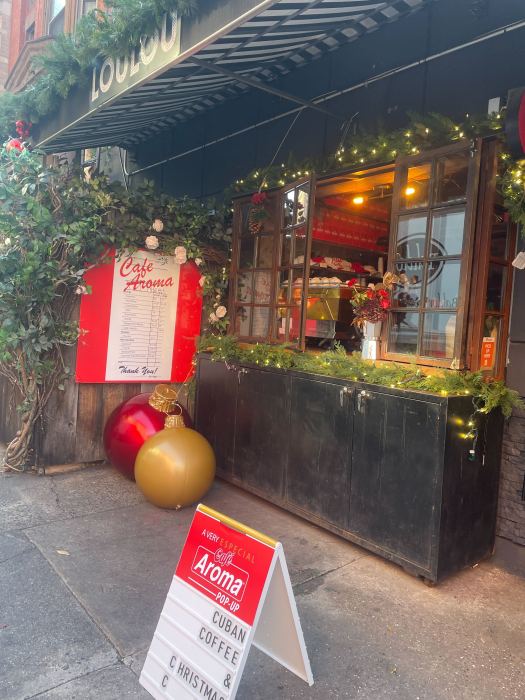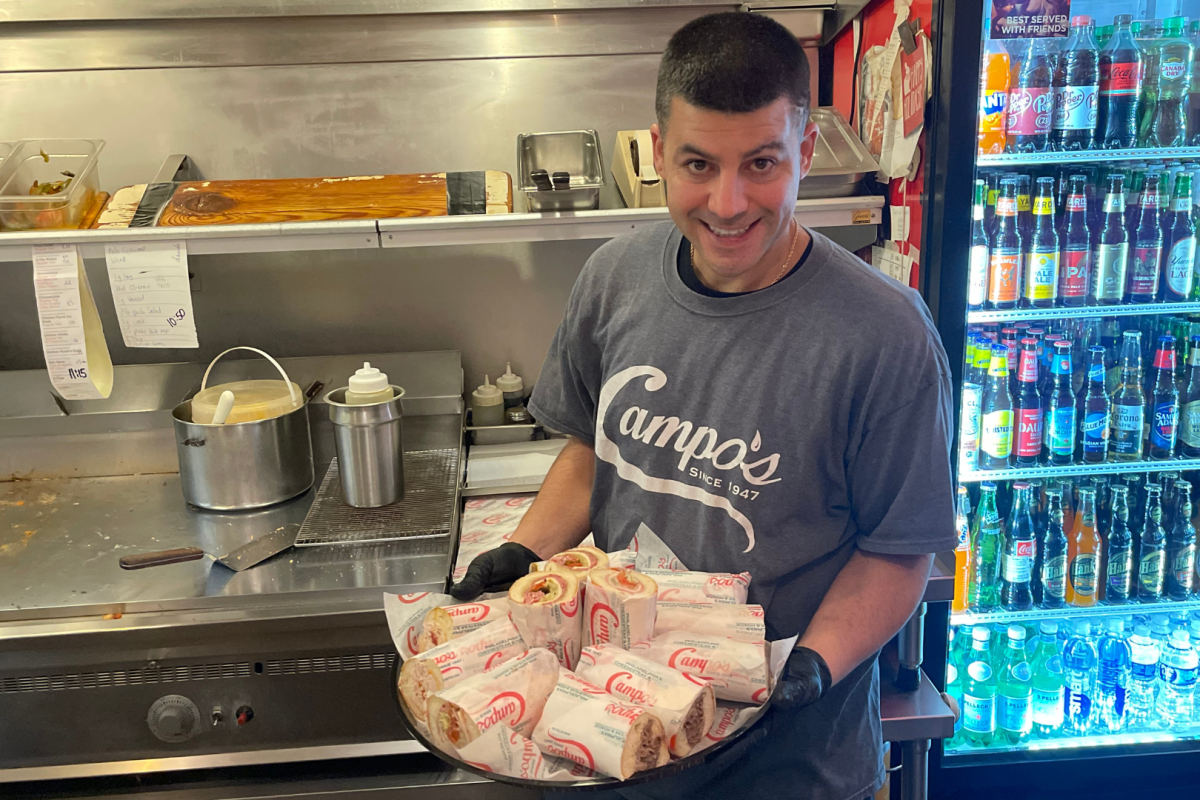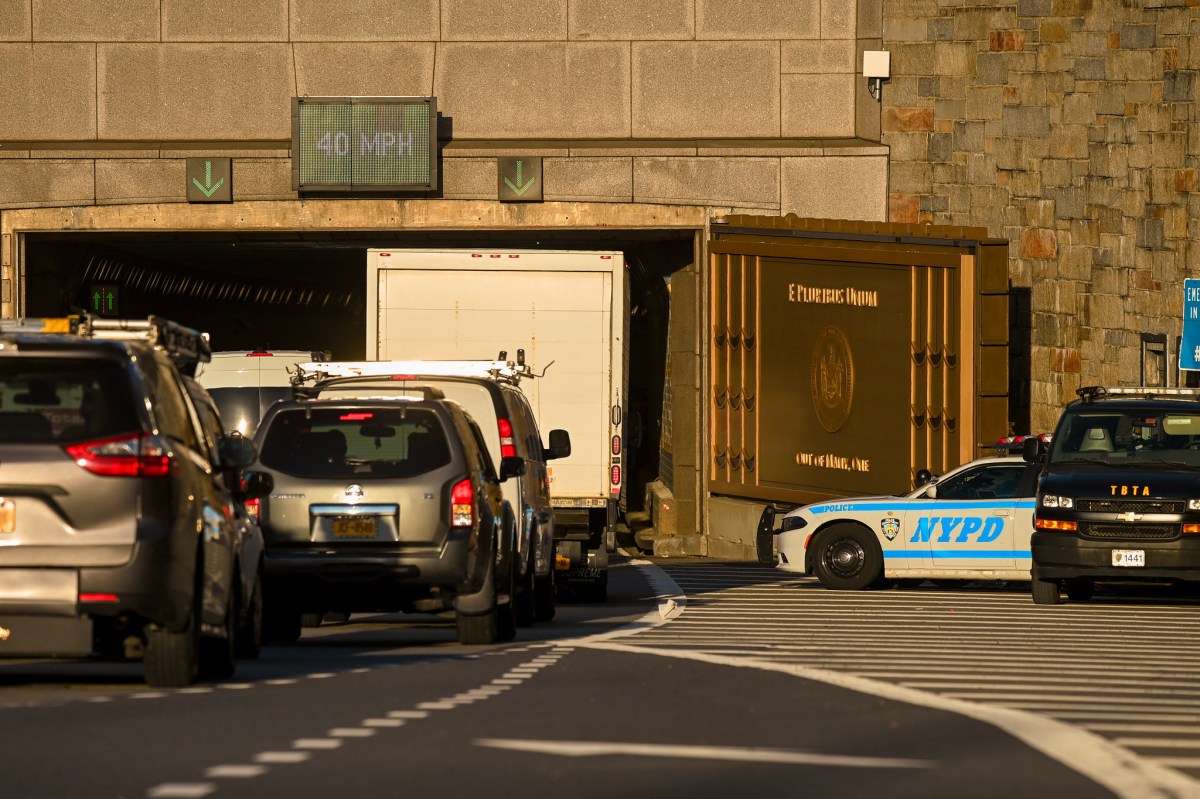UPDATE: CNN says Copeland is making a surprise recovery, with her family praising her “miraculous survival.” We can all breathe a little easier today, with that news.
In a harrowing worst-case-scenario of accident, injury and infection, an Atlanta woman recently contracted a rare case of flesh-eating bacteria after her home-made zipline failed.
The Atlanta Journal-Constitution has the full report:
[Aimee] Copeland, 24, contracted the bacteria — Aeromonas hydrophila — last Tuesday as she and friends kayaked and zip-lined along the Little Tallapoosa River . The home-made zip line broke. Copeland fell, causing a deep gash to her leg. Doctors believe the fateful bacteria entered her body through the injury that required nearly two dozen staples to close.
Days later, doctors amputated most of her left leg to stop the advancing infection. By then, the Snellville woman was suffering from necrotizing fasciitis, a severe flesh-decaying infection that continues to threaten her life. As she remains in critical condition at the Joseph M. Still Burn Center in Augusta, at risk of losing more limbs, doctors have told her family that her chance of survival is “slim to none,” according to her father, Andy Copeland.
This is both heartbreaking and terrifying. Fortunately, doctors want to specify (probably in vain) that the perfect storm of misfortune that Copeland suffered is unlikely to happen to anyone else:
But medical professionals said her case, while horrific and
heart-breaking, is extremely rare. Aeromonas hydrophila, a bacteria
typically found in warm climates and waters, is “ubiquitous,” said Dr.
Jay Varkey, an epidemiologist in the Division of Infectious Diseases at
the Emory University School of Medicine. Most people will encounter the
bacteria and suffer no illness, while others might contract a stomach
bug or a minor skin infection, he said. The most serious side effects
typically happen to people with weakened immune systems.
The National Necrotizing Fasciitis Foundation says there is no sure way to prevent NF, but there are ways to reduce your risk:
The single biggest preventative measure is keeping the skin intact!
Next is cleanliness. Always wash even the smallest opening in the skin and apply an antibiotic ointment. Buy tubes of antibiotic ointment and keep one in your car, your desk, your exercise bag, and at home.
Take care with your children, impressing upon them the importance of cleanliness.
Stay safe out there, everyone.























